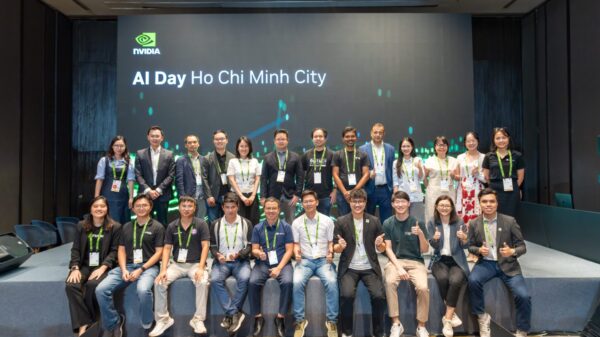Customers looking for stock photos may be able to generate and edit their own content using artificial intelligence in the future.
Shutterstock, Inc. (NYSE: SSTK) announced a suite of new AI-powered editing features on Thursday that provide the potential to refine existing images available in the company’s library of more than 700 million stock images.
Shutterstock’s creative AI editing features use the company’s priority access to the latest OpenAI technology to integrate synthetic editing capabilities. This enables Shutterstock customers to generate new content using AI and also easily edit and transform any image in the entire Shutterstock library to speed up production.
The company’s creative AI editing suite comes equipped with six signature capabilities and additional secondary features such as a virtual AI design assistant and the industry’s most advanced filters. It will give brands, digital media and marketing companies the ability unlock creative content possibilities. Shutterstock will provide a live demo of these features on November 9 during the Shutterstock Showcase: Creative AI virtual series.
“This is an unprecedented offering in the stock photography industry,” said Paul Hennessy, Chief Executive Officer for Shutterstock.
“Now, creatives have everything they need to craft the perfect content for any project with AI-powered design capabilities that you can use to edit stock images within Shutterstock’s library, presenting infinite possibilities to make stock your own.”
It's fun. It's buzz-worthy. But can generative AI be used for commercial work? Download our ebook to learn how your brand can use it to create high-quality, ethical creative content. https://t.co/arOSIYJ4iJ
— Shutterstock (@Shutterstock) June 8, 2023
Read more: WELL Health and HEALWELL AI bring artificial intelligence platform to healthcare providers
Read more: Around 25% of business executives anticipate workforce reduction: MIT Tech Review
Shutterstock adds safeguards for intellectual property protection
The arrival of artificial intelligence has not been without controversy.
Using AI in content creation presents several ethical considerations that must be addressed responsibly. One major concern is that these systems can inherit biases from their training data. Another concern involves intellectual property and plagiarism, as AI-generated content may inadvertently reproduce copyrighted material.
The company has addressed these issues by ensuring that artists receive compensation for their images when they are licensed after editing. However, AI-generated or edited content will not be accepted as submissions for licensing on the platform to protect contributor intellectual property rights and ensure artists receive compensation.
Shutterstock joined the Content Authenticity Initiative (CAI) in July 2023 to support its goal of combating the spread of misleading information online. The company plans to integrate the CAI’s Coalition for Content Provenance and Authenticity (C2PA) standard into its toolsets.
This integration provides users with verifiable and tamper-evident information across all content types, including secure metadata certifying the creation, authorship and edit history of each asset.
Shutterstock’s AI-powered editing features enabling easy content generation and editing. However, the company also recognizes that ethical concerns like bias and intellectual property protection must be addressed. Balancing technological advancement with responsible practices is necessary in this evolving landscape.
.













